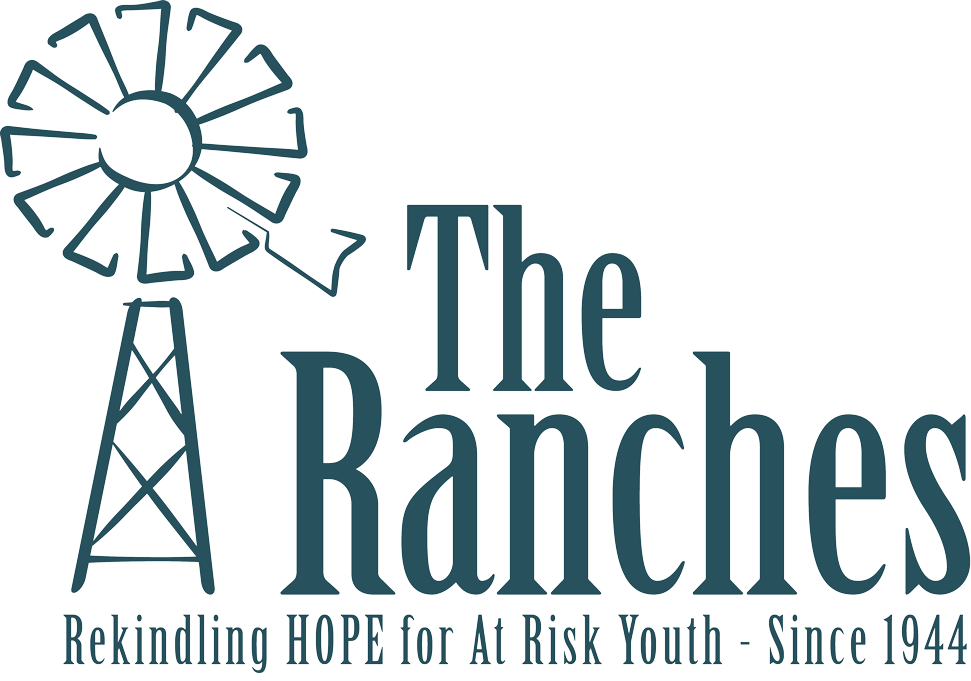Father’s Day is always a difficult day at The Ranches. Many of our kids do not have a relationship with their biological father and some do not even know their father’s name or what he looks like. This creates two distinctive issues. The first is a lack of understanding of themselves due to not knowing where half of their characteristics came from. The second issue that is created is a skeptical distrust of males, particularly those in authority. We end up having to deal with both issues at The Ranches, and I’m happy to report that hope is not lost.
When dealing with children that have issues related to their father, we focus on building trust and disproving the assumptions that a child makes in the absence of dad. Building trust starts by honestly addressing the situation. Many of the kids that we serve have been taught to suppress their feelings toward their father and the first rule of accomplishing this monumental task is: We don’t talk about dad…or dad things…or anything that reminds us of dad. Breaking this rule is the first step towards addressing the issues that are preventing a child from dealing with their emotions regarding dad. “Tell me about your dad” is often the start of a difficult and painful conversation that must happen. Putting a voice to their thoughts helps us to deal with the assumptions that have been made. “He didn’t even care about me”, “He didn’t know about me”, “He left because of me” and “I don’t need a dad” are all common responses when we get honest with kids about their dad. Fortunately, talking about their associated feelings begins to melt away their rigid opposition to dealing with the subject.
Once we have started the conversation, we can then start to talk about the impact that their father has had on them. In many cases, the most noticeable impact is a deep-seeded distrust of males in authority. Police Officers, Principles, Judges and male staff at The Ranches can all be viewed as people that are just looking for an opportunity to hurt the child either by force of by abandonment. This requires us to show them something different instead of talking about something different. Many of the men in our organization show up for important events in children’s lives and for many kids, it is the first time they have had the opportunity to share those moments with a caring male. From meetings to correct behavior to the moment the kids arrive back on campus from a break, seeing men want to be a part of their life is important for kids. This is the foundation for the trust that we hope to build while a child is with us.
When we get it right, we forever alter a child’s view of males in their lives and they can then begin to look at the world with a little clearer vision.
